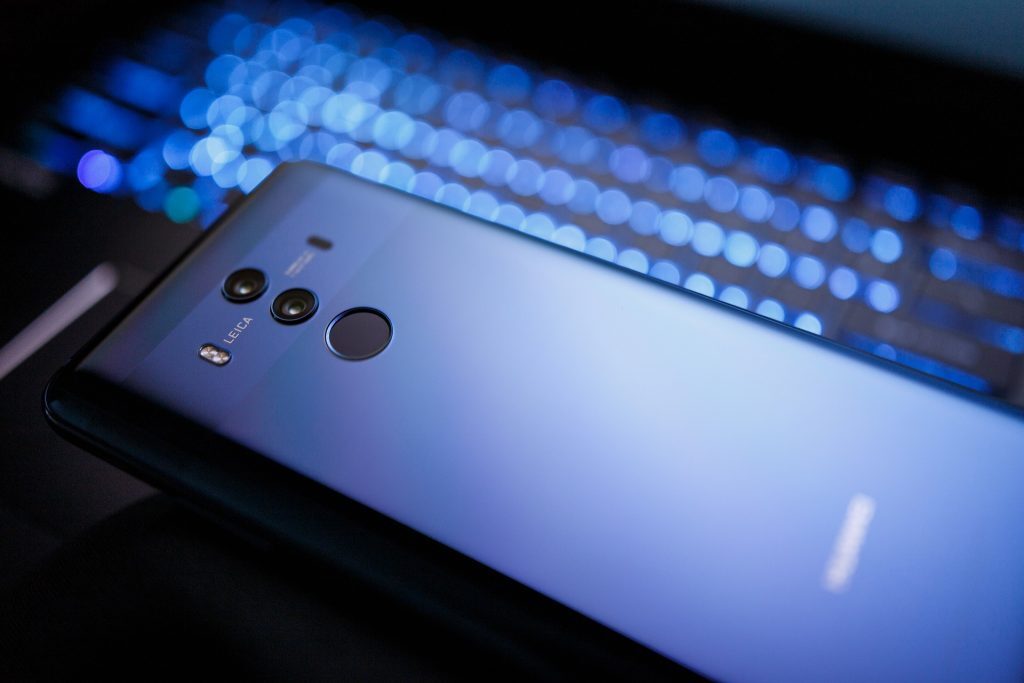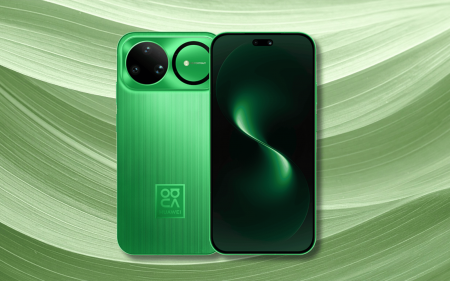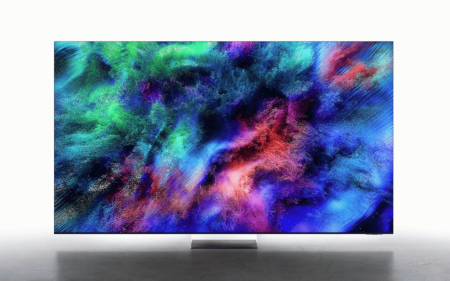When the news broke that the US government was blacklisting Huawei in the last two weeks, it seemed like another incremental escalation in the China trade war that could blow over.
But by the end of last week, the US Commerce Department’s banning – Huawei is on an “entities list” that requires American companies to have a licence to trade with them – had the feel of an impending full-scale disaster.
Because of the interconnectedness of global capitalism, this sanction goes beyond a single company in a single country. Huawei has suppliers all over the world – and spends $11bn a year with American companies on components. This includes Google, whose Android operating system (OS) powers about 95% of all smartphones globally, including Huawei’s.
Last year the Chinese firm sold 200m handsets, a not insubstantial number, which include some licence agreements with Google about its apps and services, including Search, Gmail, Maps, Photos and the Play Store that sells apps.
These are licensing agreements that are secret, so we have no idea what they contain, but Google has insisted that to run Android, phone manufacturers must use its own Play app store and its all-important Search app. That is after all the principal way that Google makes money from the mobile ecosystem: showing advertising. There are undoubtedly financial terms for using the software and Google search (Google pays Apple, for instance, to keep its search engine as the default on iPhones).
Within a day of Google announcing it would suspend its ties with Huawei for future products – but would continue to support already sold phones for the time being – the Commerce Department said it would suspend its suspension for 90 days. Someone somewhere noticed that knock-on effect of banning a Chinese firm that still spends significantly with US companies. The impact of a lost $11bn in revenue surely means job losses and shuttered businesses.
Even though current Android phones are apparently going to be okay, Google says, the prospect of future devices not being supported by Android has two worrying knock-on effects of its own.
Firstly, Android is an ecosystem. Google produces the OS itself, and developers write apps that run on it. No operating system means no apps. But Android is open source software, meaning anyone who wanted to use it can. Huawei has hinted that it has been working on its own OS and may install that on its future phones. No details have been given, but it makes sense for them to use a version of Android.
This approach is not without precedent. When Amazon wanted to use Android on its colour Kindle Fire tablets it used a version of Android – technically this is called a “fork” in the software development, and it is common in the open source community. What is to stop Huawei forking its own version of Android? It makes sense because the developers of WhatsApp, Facebook, Twitter, Instagram, Pinterest and other apps could reuse their current Android code.
At the end of the day, most people use the apps on their smartphones. They don’t necessarily care what the OS is, but rather that it works and is safe.
The second fear is that a forked version of Android would create another (mobile) internet. China already has a Great Firewall walled off version of the internet already. If Huawei sells another 200m smartphones this year and they’re not linked back to Google, there will be serious implications not just for Google, its user numbers and potential mobile customers, but in creating two mobile internets.
Suddenly the Huawei saga looks as destructive for both US and Chinese firms as the trade war itself does.
This column first appeared in Financial Mail




